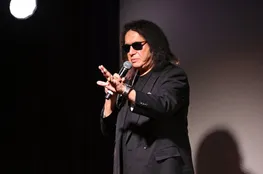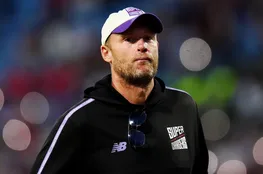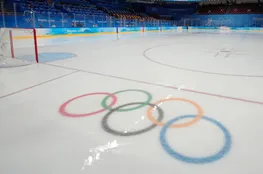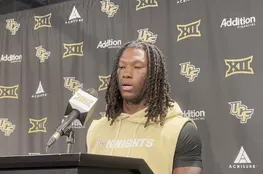Jeanie Buss’s future with the Los Angeles Lakers following the historic $10 billion sale to Mark Walter is a critical element of the franchise’s next chapter. While the Buss family has ceded majority ownership, Jeanie’s continued role as governor has been explicitly endorsed by Walter, signaling a unique arrangement within the world of professional sports ownership. ESPN’s Ramona Shelburne reported that Jeanie will remain the Lakers’ governor and continue to manage the team for "at least a number of years," demonstrating a commitment from Walter to maintain stability and continuity within the organization. This agreement underscores the value Walter placed on Buss’s experience and understanding of the Lakers’ culture, a factor that likely influenced his decision to pursue the acquisition. The sale itself represents a landmark achievement, setting a new record for the most expensive sale of an American professional sports team, surpassing the $6.1 billion sale of the Boston Celtics in March. This staggering figure highlights the immense brand recognition and market value of the Lakers, attracting a significant investment from Walter, who also owns the Los Angeles Dodgers. The acquisition’s magnitude speaks volumes about the Lakers’ enduring appeal and position as one of the premier franchises in North America. The deal’s success is rooted in Jerry Buss’s visionary leadership, which began in 1979 when he purchased the Lakers for $67.5 million alongside the Kings and the Kia Forum – now known as Crypto.com Arena. Jerry’s legacy profoundly shaped the franchise, transforming it from a struggling team into a championship dynasty. Following Jerry’s death in 2013, his six children inherited his stake, with Jeanie assuming the role of governor, a position she has diligently maintained. This continuity is further emphasized by Walter’s decision to retain Buss’s involvement, a strategy mirroring a similar situation involving Mark Cuban and the Dallas Mavericks.
In 2023, Cuban sold his majority stake to the Adelson family for $3.5 billion while agreeing to remain involved, overseeing basketball operations. However, seven months later, ESPN reported that Cuban would no longer hold that position, a stark contrast to the arrangement with Buss. While the specific details of Buss’s future role are yet to be fully defined, her continued influence is a key component of the Lakers’ transition. The parallels with Cuban’s sale suggest a deliberate attempt to leverage Buss’s expertise and foster a seamless handover of power, potentially mitigating risks associated with a complete shift in leadership. The Lakers’ new ownership structure, with Jeanie Buss retaining a significant role, represents a strategic move designed to preserve the team’s identity and maintain its competitive edge. Moving forward, observers will closely monitor the evolution of Buss’s involvement, recognizing her contributions alongside the new ownership group. This arrangement highlights the importance of institutional knowledge and established relationships within professional sports, demonstrating that even in the face of a monumental sale, certain figures remain integral to a franchise’s long-term success.
The future of the Lakers undoubtedly includes Jeanie Buss, a testament to her enduring commitment and the legacy she carries forward.
























